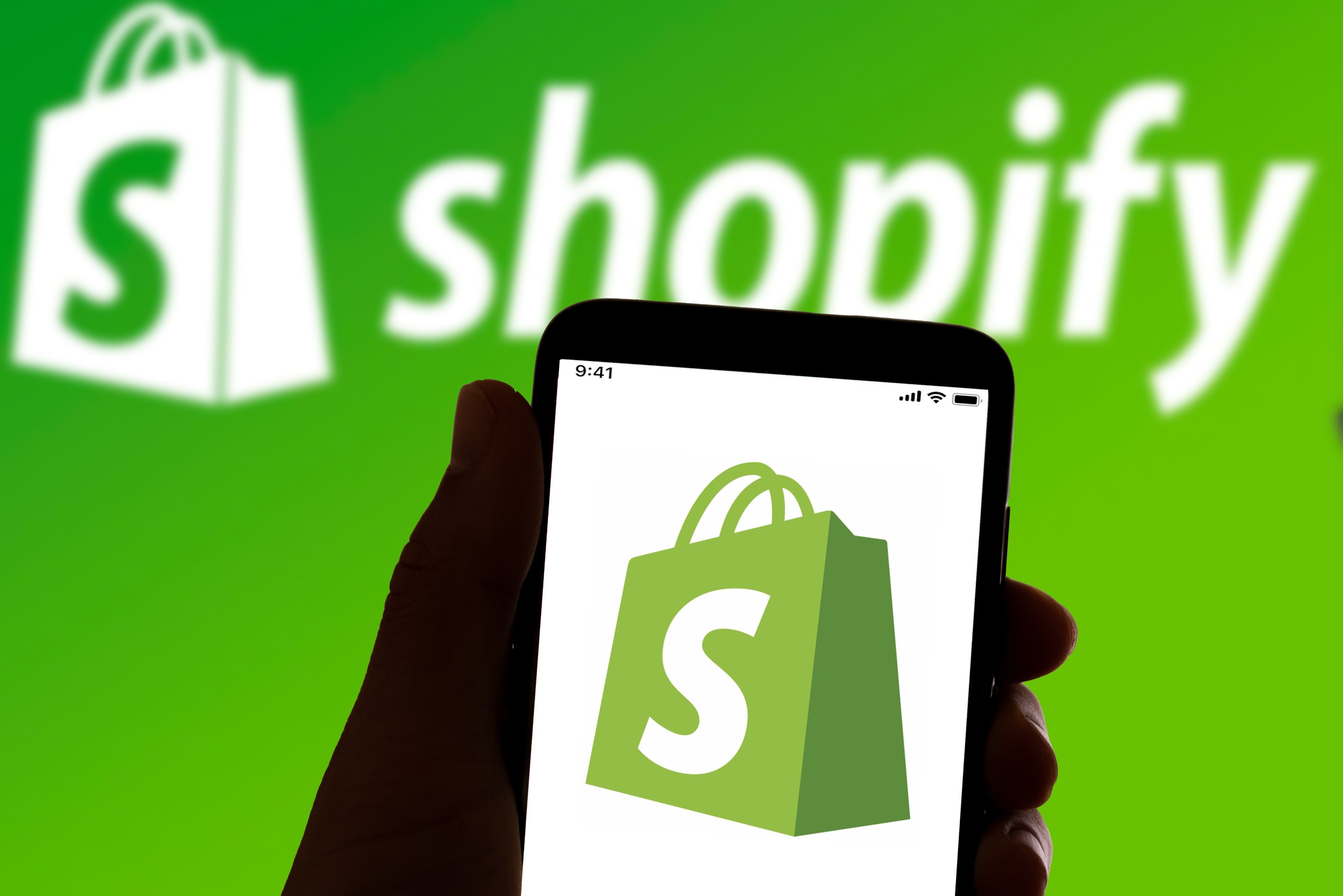E-commerce just took a step further into artificial intelligence (AI). On Monday, OpenAI announced that U.S. users can now buy from U.S. Etsy (ETSY 2.41%) sellers directly inside ChatGPT, with support for more than one million Shopify (SHOP +2.13%) merchants "coming soon." The experience -- called Instant Checkout -- keeps shoppers in the conversation from discovery to payment and was co-developed with Stripe.
For investors, any AI headline these days is flashy -- and likely to cause moves in share prices. Indeed, Etsy stock soared almost 16% on Monday in the wake of this news. And Shopify shares jumped more than 6%. The real question, however, is whether this changes traffic patterns and conversion enough to matter for Etsy and Shopify over the long haul.
Etsy operates a two-sided marketplace known for handmade, vintage, and unique goods. Shopify provides commerce infrastructure for businesses of all sizes across online and offline channels. Both already benefit when product discovery happens off their platforms (social, search, influencers). Generative AI chats becoming a transactional channel is the next logical extension.

Image source: Getty Images.
1. Chat becomes a new storefront
OpenAI says product search results with Instant Checkout in ChatGPT are organic, ranked purely on relevance (not any sort of sponsored placement), and can now be purchased simply by users tapping "Buy" within their chat threads.
Orders are still fulfilled by the merchant; ChatGPT simply passes information securely via the new Agentic Commerce Protocol. That matters because it keeps merchant branding and relationships intact while potentially capturing impulse purchases that start as conversations about gift ideas or prompts like, "Show me ideas under $100."
Importantly, ChatGPT is no small partner. OpenAI says it has over 700 million people who already "turn to ChatGPT each week for help with everyday tasks, including finding products they love."

NYSE: ETSY
Key Data Points
2. Etsy gets the first bite
Instant Checkout is live first for U.S. Etsy sellers. This builds on the company's recent efforts to integrate "emergent AI technologies," as CEO Josh Silverman said in the company's second-quarter update. This, combined with efforts to make its shopping experience more browsable and personalized, is "creating a significant runway for growth, as well as an opportunity to generate sustainable value for our stakeholders by capitalizing on what makes Etsy special," he added.
The catalyst comes at a good time for Etsy, because it has been struggling. Etsy's gross merchandise sales (GMS) in Q2 fell 4.8% year over year to $2.8 billion. Notably, however, revenue for the quarter did grow 3.8% to $672.7 million as the company leaned on ads and payments, lifting its take rate to 24%.
If ChatGPT-driven discovery can reactivate lapsed buyers or lift conversion on gift-centric searches, investors should see it first in GMS stabilization and active-buyer trends.

NASDAQ: SHOP
Key Data Points
3. Shopify brings greater scale with it
While Etsy goes first, Shopify's upcoming inclusion may be an even bigger unlock.
Shopify's merchant scale (its second-quarter GMS was $87.8 billion, dwarfing Etsy's) gives this feature real distribution. But investors will have to watch to see whether Instant Checkout is incremental to existing channels and doesn't simply shift orders from merchants' own sites. Odds are, however, that a meaningful portion of these orders will be incremental.
Shopify's VP of Product Vanessa Lee said in a press release about the upcoming integration that it will let merchants "show up naturally" inside AI conversations with no links or redirects, giving shoppers "a way to buy without breaking their flow."
Unlike Etsy, the integration comes at a time of strength for Shopify. Its second-quarter revenue rose 31% year over year to $2.68 billion, and GMV rose by the same amount.
Management framed results as the payoff from "bold bets we made years ago."
As exciting as the announcement is for Etsy and Shopify, investors should keep their expectations in check. First, Instant Checkout only supports single-item purchases today, with multi-item carts to follow. Second, OpenAI says rankings are unsponsored; that's good for trust and the user experience but means sales volumes will depend on user behavior, not paid placement. Finally, remember that OpenAI states merchants will pay a "small fee" on completed transactions, so it will be interesting to see how the economics unfold over time.
After a sharp pop on the news for both stocks, investors shouldn't be treating this as an automatic buy signal. But if evidence builds over time that chat-commerce funnels new, incremental demand at healthy conversions, and that merchant adoption stays high despite fees, then this could be a big deal. Investors should keep an eye on the integration over time to see how it impacts both e-commerce businesses.





